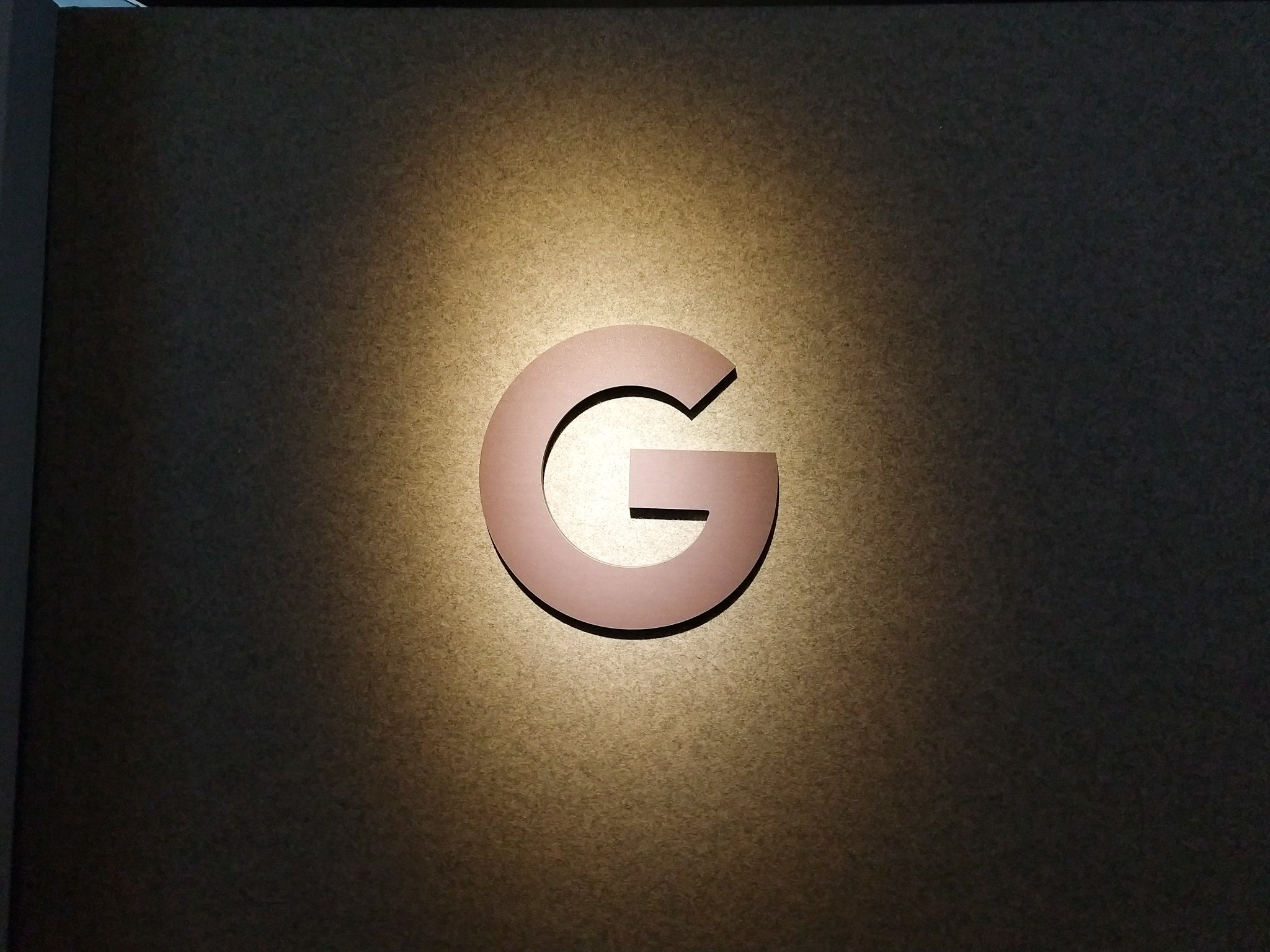The new advertiser pages will give you quick access to an advertiser's campaign history.
What you need to know
- Google has announced a new way to increase the transparency of its ads.
- The new feature allows users to see the previous ads, among other information, run by an advertiser on the platform.
- These disclosures will be available to everyone in the U.S. over the coming months.
Google is doubling down on ads transparency for consumers. The company has announced a new capability that will allow you to take a glimpse of previous campaigns run by advertisers on Google on top of their identity.
The new advertiser pages will give users a quick way to learn more about the ads they see on the search engine, such as the advertisers' legal name, country of origin, and ads they've run in the last 30 days. Using some of the best Android phones or laptops, these disclosures can be accessed by tapping the "About this ad" menu and then an option that states "See more ads by this advertiser."
It's a convenient way to learn more about a brand you've never heard of before making a purchase. But, more importantly, the new disclosures are intended to assist consumers in identifying potentially fraudulent ads that can be easily set up on Google (and Facebook), according to a Which investigation.
Google's advertiser pages are similar to Facebook's Ad Library in that they provide more information about the ads that people see across the social network's ecosystem. It also builds on a previous policy implemented by Google last year, requiring all advertisers to verify their identity before their campaigns could be posted. So far, that program has verified advertisers in more than 90 countries.
Like its verification program, Google's new transparency feature allows you to distinguish between legitimate and fraudulent ads. You can choose to report an ad that may violate Google's policies regarding prohibited content such as counterfeit goods and dangerous products, as well as restricted practices, right from the transparency menu. Non-compliant advertisements will be removed.
These disclosures will first be made available in the United States in the coming months. Google intends to expand advertiser pages to more territories next year, with an eye toward adding more types of disclosures to the menu.
Source: androidcentral



